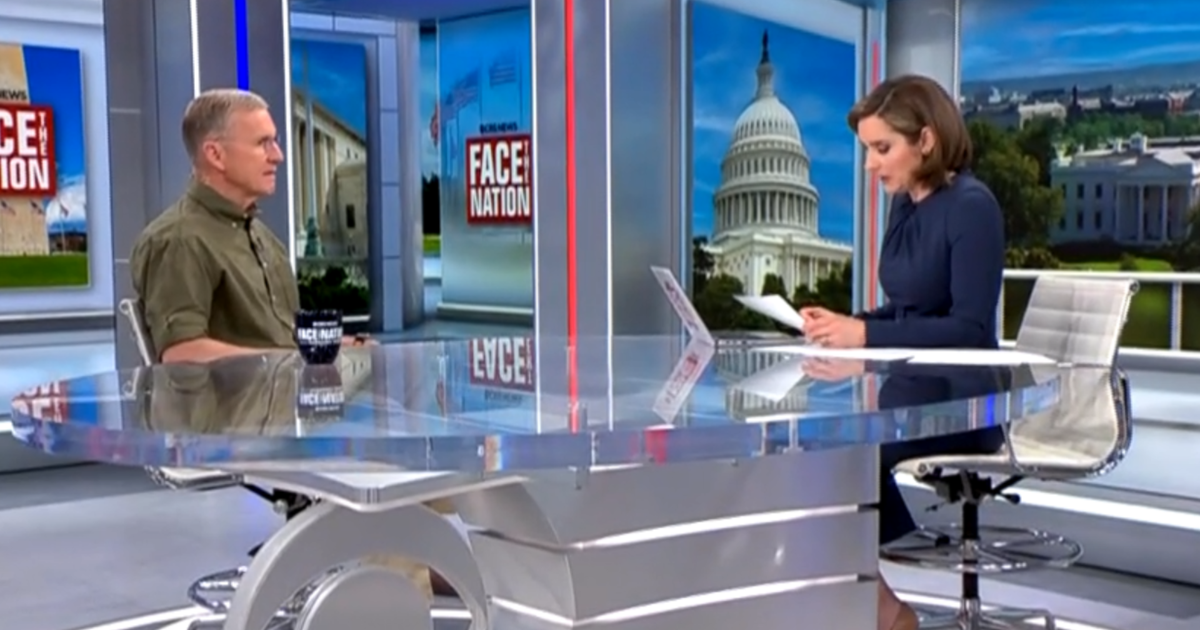McChrystal Discusses National Character and Pentagon Policy Changes

Retired general shares views on military leadership and Trump administration decisions
Retired Army General Stanley McChrystal appeared on CBS's 'Face the Nation' to discuss his new book 'On Character: Choices That Define a Life' and shared his perspectives on America's current national character. McChrystal expressed concern about declining trust in American institutions, noting that only 22% of Americans trusted the U.S. government according to recent polling. He argued that national leaders are symptoms rather than causes of character problems, emphasizing that solutions must begin at the individual level through conversations in communities, schools, and other local institutions.
During the interview, McChrystal addressed his decision to endorse Joe Biden and Kamala Harris in previous elections despite the military tradition of avoiding politics. He defended his choice by stating that advocating for American values and character shouldn't be considered inherently political. McChrystal also discussed how America's moral standing on the world stage has historically been a source of national power and influence, suggesting that a shift toward transactional relationships weakens this advantage.
KEY POINTS
- •McChrystal discusses national character
- •Criticizes Pentagon's DEI program cuts
- •Opposes Afghan protection rollbacks
The retired general directly addressed current Pentagon policies under Secretary Hegseth in the Trump administration. While agreeing with the importance of military effectiveness and warrior ethos, McChrystal disagreed with the elimination of diversity programs. Drawing from his counter-terrorism experience, he argued that modern warfare requires diverse talent regardless of physical characteristics, gender, or sexual orientation, calling the focus on eliminating DEI programs 'a distraction.'
McChrystal also criticized the Trump administration's recent decision to strip Temporary Protected Status from Afghans and end evacuation programs for American allies in Afghanistan. He expressed disappointment in this policy shift, suggesting it could damage America's ability to secure future allies who might question U.S. commitment. McChrystal emphasized that America's national character should aspire to better treatment of those who partnered with U.S. forces.